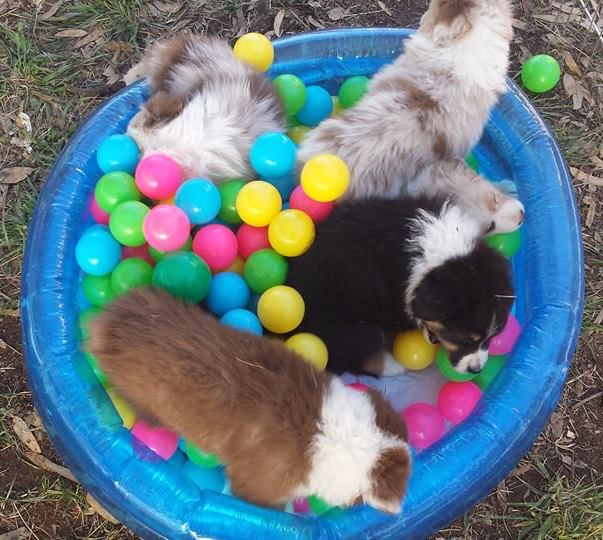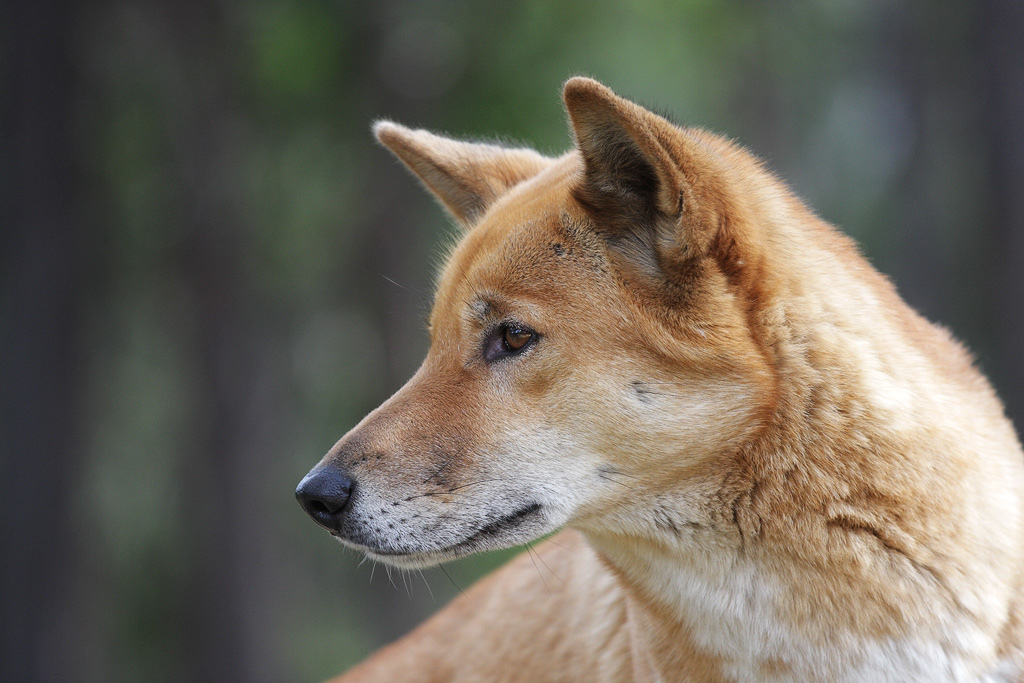Breeder Registration is Bollocks
It doesn’t take long for those involved in animal welfare circles to hear arguments for the implementation of breeder registration. Many advocates of breeder registration argue that such a scheme would cause some breeders to ‘reconsider’ breeding, and one less breeder is seemingly desirable to these animal advocates.
There seems to be a lot of faith and enthusiasm for such a scheme, despite breeder legislation never having been shown to achieve anything, that if affects ‘good’ and ‘bad’ breeders equally, impacts on rescues, and is difficult to police. Further, it seems to be targetting the mythical ‘overpopulation problem’, and not the actual issue of pound poor-performance.
So let’s address all the reasons why breeder registration is not the holy grail of animal welfare legislation.
No Evidence
There is no research that indicates that breeder registration reduces impounds/euthanasia, or improves the welfare of dogs in breeding establishments. For example, the Gold Coast Breeder Scheme is widely considered to be a flop, and has been discontinued. If there is no evidence that breeder legislation works, why would we be invest funds in establishing a scheme? Breeder legislation is a poorly qualified solution to animal impoundment, as much as BSL is a poor solution to dog bites.
It’s been tried before, and failed before, so why repeat the same mistakes?

Decline in Ethical Breeders
The hallmark of most breeder registration schemes is a breeder having to pay in order to be ‘registered’.
The problem is that ethical breeders are (largely) not making money from their breeding, and therefore may not be in a financial position to pay for registration. Ethical breeders may choose to cease breeding due to expense. How do we ensure that responsible, ethical breeders are not discouraged from producing wonderful pets?
As most of these schemes require breeders to pay in order to be registered, what breeder registration effectively does is limit (legal) breeding to those who are making money from the practice. What I mean is: breeders who don’t make money are are probably the ‘ethical ones’, and are probably less likely to be able to afford registration. Are these the individuals we want to perturb from breeding?
Furthermore, there is those that breed dogs in working fields, like guide dogs, customs, and so forth. Any restriction on breeders would also cause more expense and process for those producing animals for these roles.
Unethical Breeders Unaffected
On the flip side of this, those who are most likely to be able to afford registration is puppy farmers themselves. Those running a business, profiting from the sale of puppies, are going to be able to afford registration, and continue breeding puppies.
If a breeder is raising puppies in conditions that are undesirable and outside of welfare codes, they are going to avoid registration, and simply remain unnoticed and unpoliced.
Or, alternatively, a breeder may pass all the codes as they meet physical levels of care, but they neglect the psychological well being of their dogs and puppies.
Basically: Unethical breeders are not going to be deterred by a breeder registration scheme.
Association with Code of Practice
Whenever breeder legislation is suggested, it tends to appear alongside a Code of Practice. A Code of Practice attempts to specify the way animals should be maintained. The biggest problem is that it effectively obligates breeders to keep their dogs in a kennel situation, which many would argue is in contradiction to the best interest of dogs. I discussed these problems in my article called Clean and Kennelled.
Basically, if you have a breeder registration scheme, it goes hand-in-hand with a prescribed approach to animal management and handling, which is counter intuitive to animal welfare goals.
Mandatory Desexing Overtones
Any breeder registration scheme has overtones of compulsory desexing for dogs. Not only are there legitimate reasons to keep dogs entire, mandatory desexing also has negative social factors. For example, mandatory desexing is often associated with increased surrenders (e.g. “I can’t afford to desex my dog, so I need to surrender it instead so I don’t become a law breaker”).
The Saving Pets blog does a good job of describing how mandatory desexing has never worked. Furthermore, I’ve blogged before about how mandatory desexing is hard to define (unless we desex everything and eradicate the species). Mandatory desexing is also often associated with early age desexing, which has its own welfare implications. And there’s evidence that making desexing mandatory increases surrenders, as people aren’t able to pay for the surgery and so are left with no other choice. And, on top of that, desexing is a medical procedure, which should be implemented by medical professionals based on the individual animal at hand – not policy makers.
Further, mandatory desexing seeks to categorise people who have an entire dog as ‘breeders’, when this may not be the case. That is, non-breeders may be forced to become breeders according to legislation in order to comply with the law.
Exclusions
Mandatory breeder registration often excludes key groups: ‘backyard breeders’, ‘working dog breeders’, and greyhound breeders. These breeders produce a lot of dogs and dogs that are, seemingly, more likely to end up in the pound system.
A dog is a dog. We can’t argue that breeder registration is for the welfare of dogs owned by a particular group of people. Legislation needs to apply to all dogs, or none at all.
And, when you make this breeder registration compulsory, you need to consider the impact on rescues. As rescues occasionally take in pregnant dogs, they may be deemed as breeders, and may have to pay breeder registration too. The last thing we need is for rescues to be further out of pocket due to the introduction of unfounded legislation. I could list twenty things that rescue could be better suited to spend their funds on.
No Policing
I’ve blogged before about how many dog-related policies are not policed. In South Australia, we have the Animal Welfare Act and the Dog and Cat Management Act. I see constant violations of both these acts as it currently stands. So what are we doing bringing in new legislation, when our existing legislation is under enforced?
Without enforcement, legislation is just tokensitic. Arguably, if our existing legislation was enforced, we wouldn’t need further legislation. Our existing legislation is pretty good legislation. If it’s not enforced, then puppy farms can flourish.
Poor Focus
My biggest rejection of this is that there isn’t a population problem. We don’t need to reduce the number of dogs in the world. Shelters need to market and promote animals in their care better. Breeder registration doesn’t have anything to do with shelter euthanasia rates.
While we’re busy spending all our time going after breeders, we will still be watching shelters killing a great number of dogs. While you might take issue with people breeding their dogs, I take bigger issue with shelters killing dogs in their community. What’s the greater problem here?
Further reading:
Just Stop Breeding Until the Pounds are Empty
The Fallacy of Mandatory Desexing


